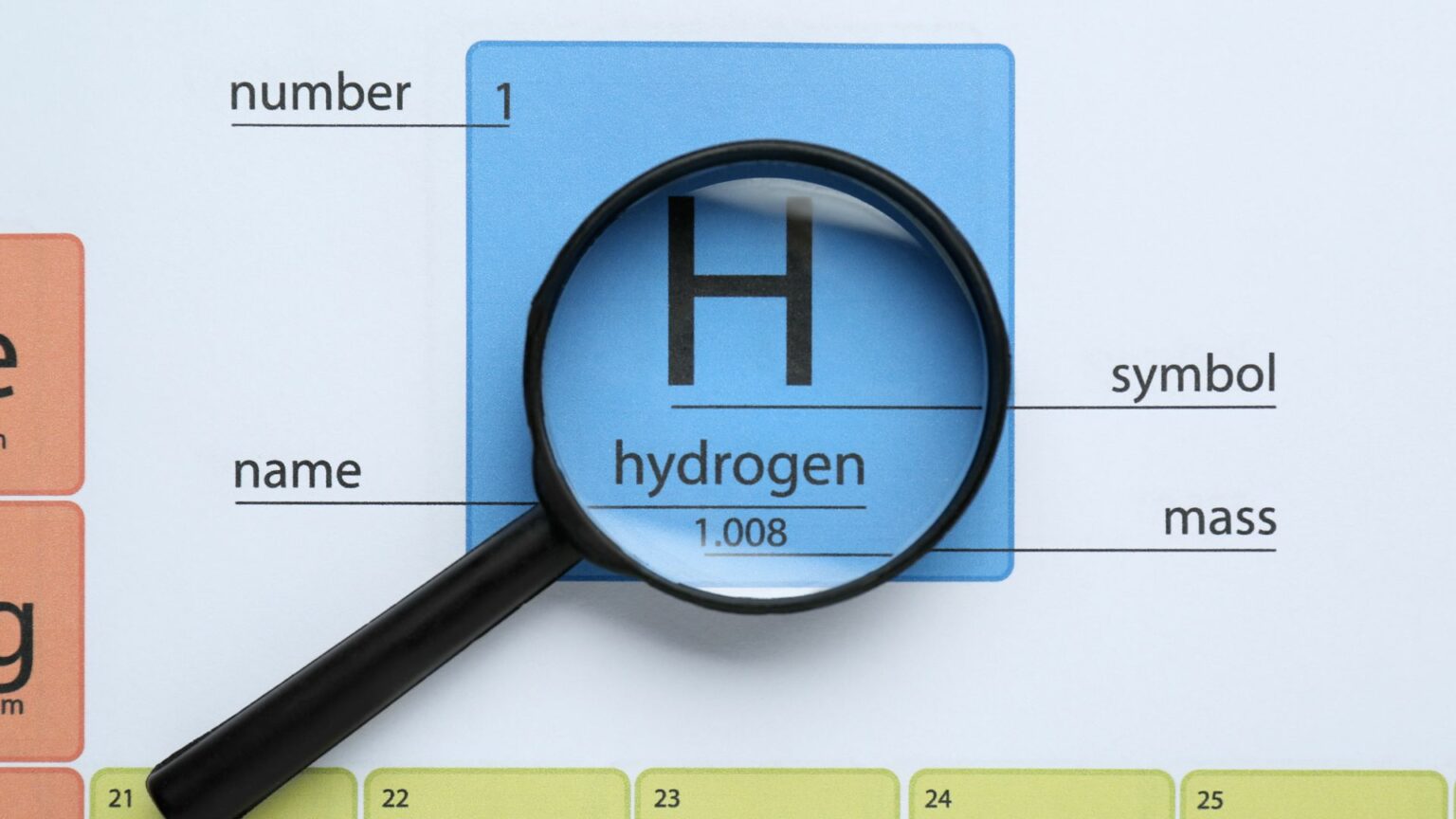In a recent publication in the International Journal of Hydrogen Energy, researchers Asma Naouar, Domenico Ferrero, Massimo Santarelli, Hacen Dhahri, and Abdallah Mhimid have unveiled significant findings about the impact of electrode permeability on the performance of planar Solid Oxide Fuel Cells (SOFCs).
Key Findings
The research emphasizes electrode permeability’s critical role in enhancing planar SOFC performance. Through a series of numerical studies, the authors have determined that optimizing the permeability of electrodes can substantially influence the overall efficiency and functionality of SOFCs. High electrode permeability allows for more efficient fuel and oxidant flow, improving the electrochemical reactions that generate electricity.
Potential Applications
The findings from this study have far-reaching applications in the hydrogen energy sector. Improved SOFC performance can lead to more effective and reliable power generation systems, particularly in stationary power plants and micro-CHP (Combined Heat and Power) systems. These applications are especially relevant in developing cleaner, more efficient energy solutions to meet growing global energy demands.
Market Relevance
The study’s relevance to the hydrogen market is significant, given the industry’s current focus on increasing the efficiency and durability of fuel cell technologies. Optimizing electrode materials and design can lead to cost reductions and higher efficiency, making SOFCs a more viable option for large-scale deployment. This can catalyze the wider adoption of hydrogen-based energy solutions in various residential, commercial, and industrial sectors.
Technical Methodologies
One critical technical methodology employed in the study is the numerical simulation of electrode properties and their impacts on SOFC performance. This computational approach allowed the researchers to analyze different permeability scenarios and predict their fuel cell efficiency and longevity outcomes.
Broader Implications
Beyond the immediate applications, this research holds broader implications for the hydrogen industry. By providing insights into the design and optimization of SOFCs, it paves the way for further studies and innovations to maximize the potential of hydrogen as a clean energy source. Improved SOFCs can contribute to reducing greenhouse gas emissions and dependence on fossil fuels, aligning with global efforts towards sustainable energy solutions.
Key Takeaways
– The study underscores the importance of electrode permeability in enhancing SOFC performance.
– Numerical simulations reveal that optimized permeability can lead to more efficient and reliable fuel cell operations.
– The findings have significant applications in stationary power generation and micro-CHP systems.
– Enhanced SOFCs can accelerate the adoption of hydrogen energy in various markets, contributing to sustainability goals.
– Further research and development based on these findings can drive innovations in hydrogen fuel cell technologies.
